Publications
We are creating an energy system that’s good for people and good for the planet.
Here is a library of all our publications from our impact reporting to those from Project LEO – our large-scale energy innovation project.
-
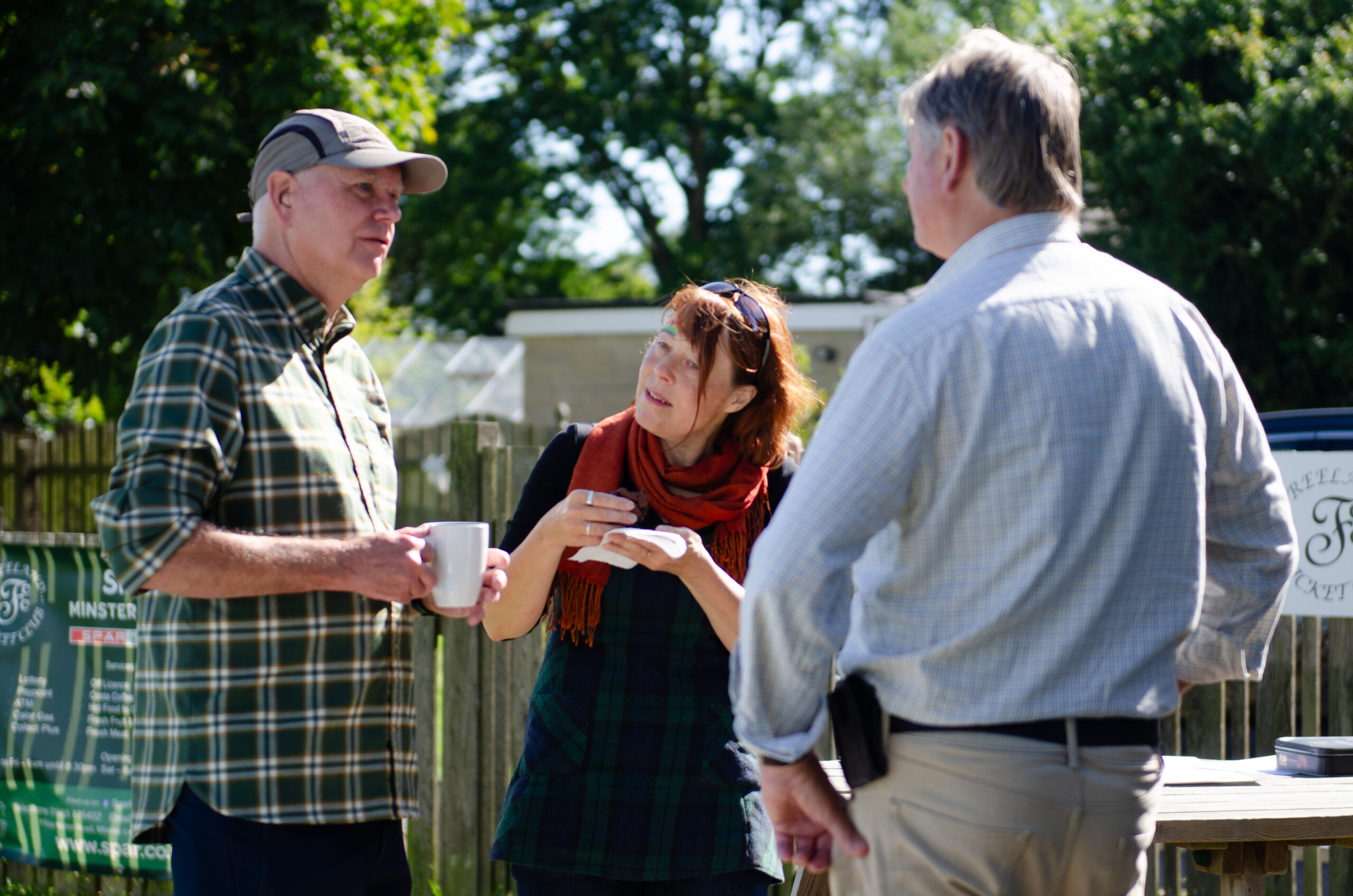
Social Impact Report 2024
How we make an impact We measure the impact we achieve against four key metrics: Planet, Prosperity, People, and Perception. We use our community benefit income to deliver activities and projects that benefit local people, either in the form of grants or by directly carrying out activities ourselves to support community action on climate change.… -
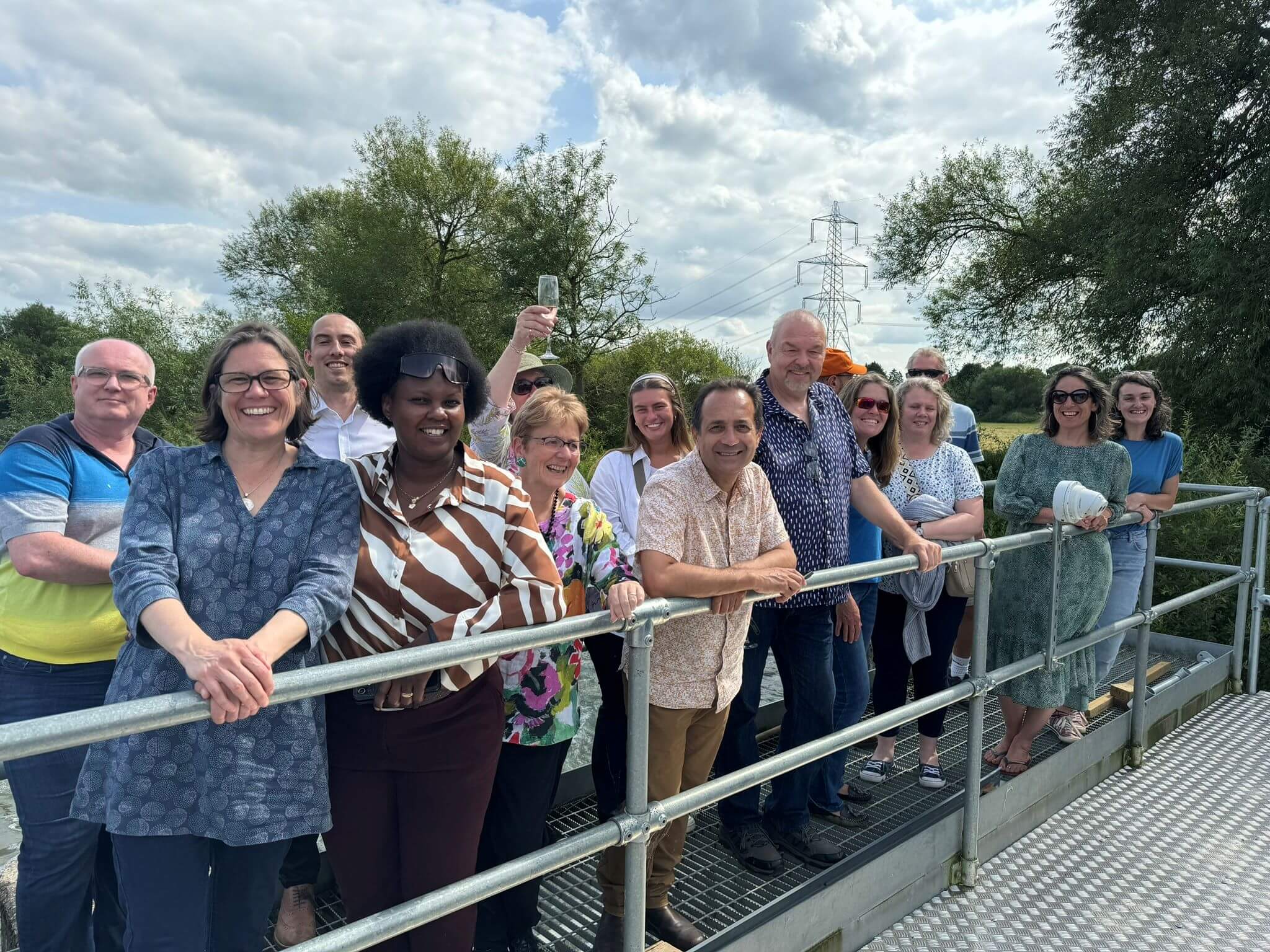
Business Plan 2024-25
Low Carbon Hub is excited to share our Business Plan 2024–25 – a roadmap that takes us closer to achieving our ambitious vision of a just, fair, and zero-carbon future. Guided by our 10-year strategy to 2035, this plan outlines the steps we’ll take to grow renewable energy, support local communities, and create a sustainable energy system. -
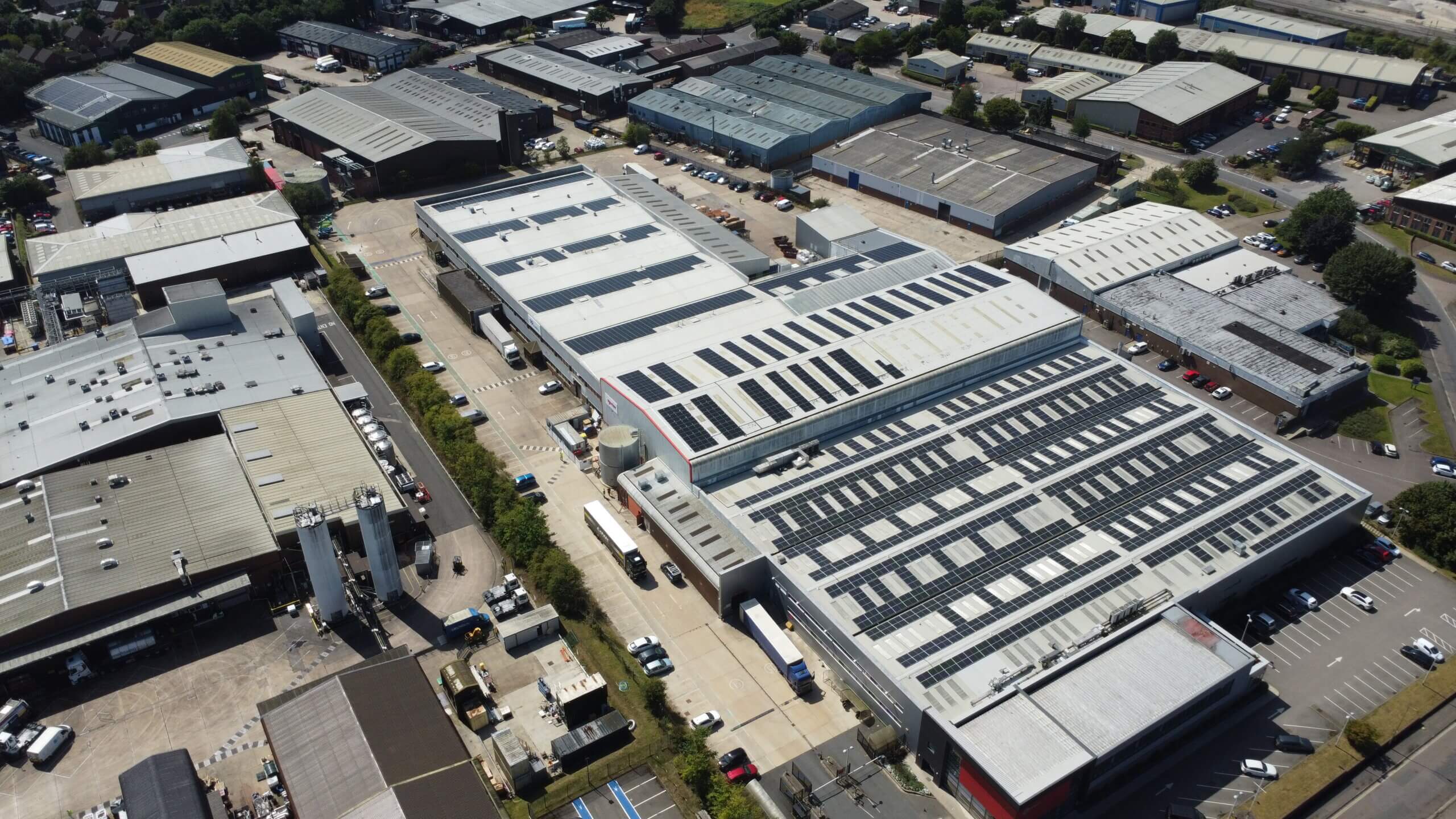
Low Carbon Hub Strategic Plan 2024 to 2035
Low Carbon Hub is in a very different place in 2024 than it was in our start-up period in 2011. Back then our aim was ambitious: to help replace Didcot Power Station with renewable energy that would benefit local people. We are now in a position nationally where fossil fuel use is diminishing and we… -
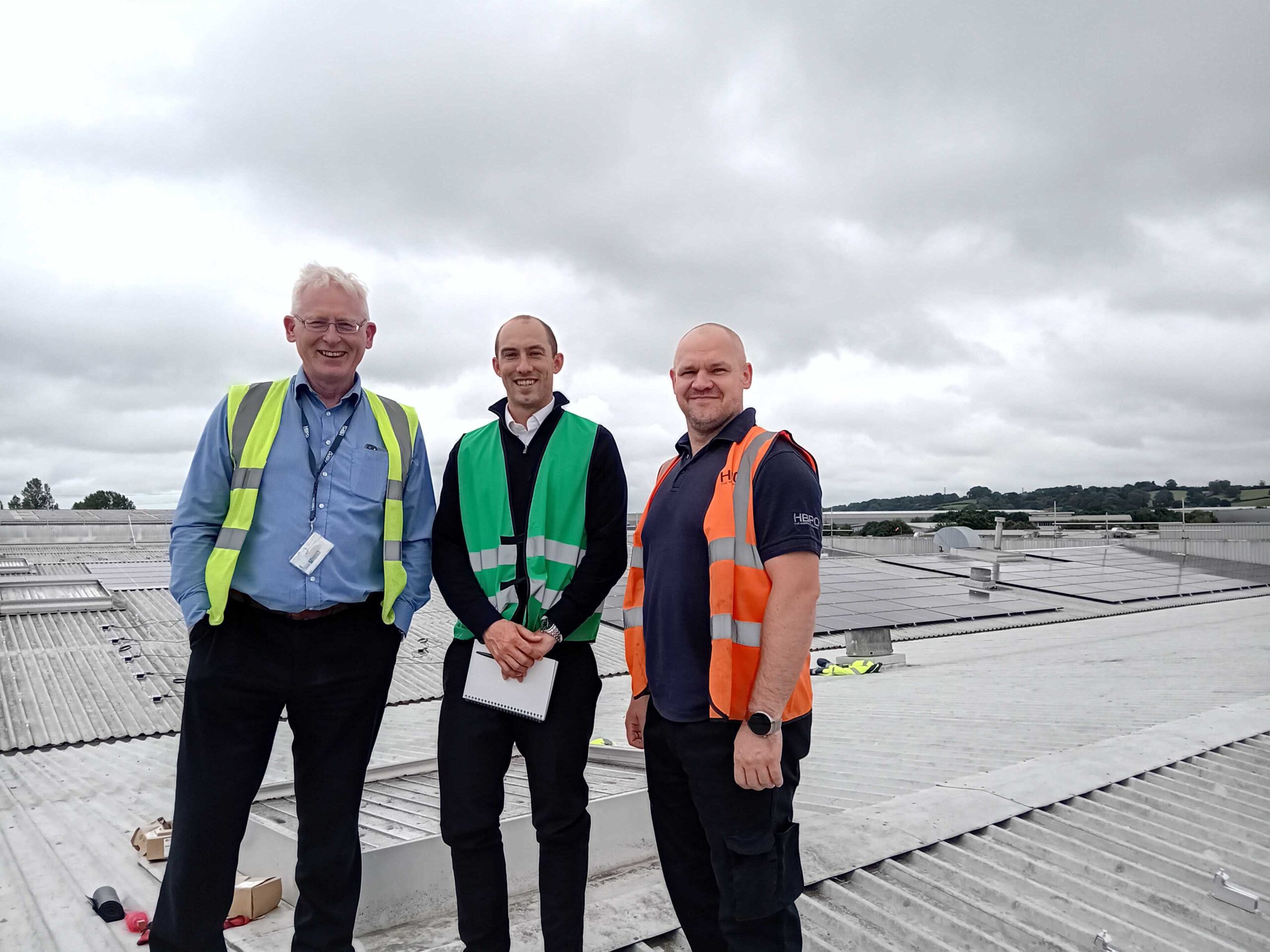
Annual Summary and Accounts 2023/24
Here you can read the Low Carbon Hub’s Annual Report 2023/24 and find out more about the work we’re undertaking towards a greener, cleaner Oxfordshire. The document outlines a Strategic Report, including messages from our Chairman and CEO, a Governance Report from our board, and a summary of our Financial Statement for 2023/24. About Low… -
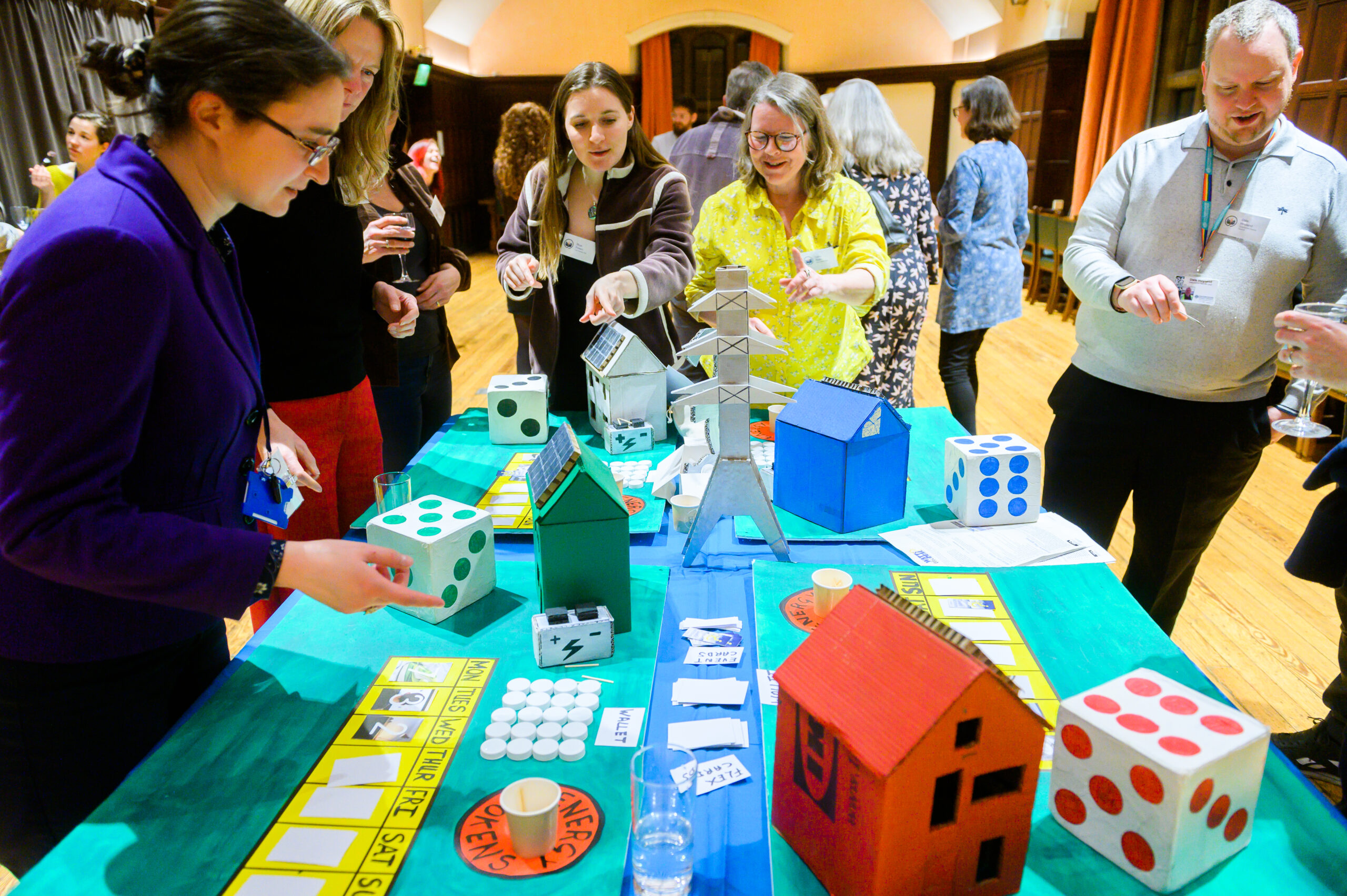
Engagement and Inclusion Report
This ‘Engagement and Inclusion’ report recaps our key learnings from Project LEO, distilling them into an easy-to-follow Playbook of ‘how to’ guides to be used for further engagement for LEO-N as well as further afield. Project LEO (Local Energy Oxfordshire) was one of the UK’s most ambitious, wide-ranging and innovative energy trials, seeking to accelerate… -

CAPZero Report
Download our CAPZero report to find out more about the first community energy plan developed by local people in the UK. Want to find out more in detail about the project? Read the full report here. The CAPZero vision is to reach net zero and have a cleaner, greener energy system as soon as possible.… -
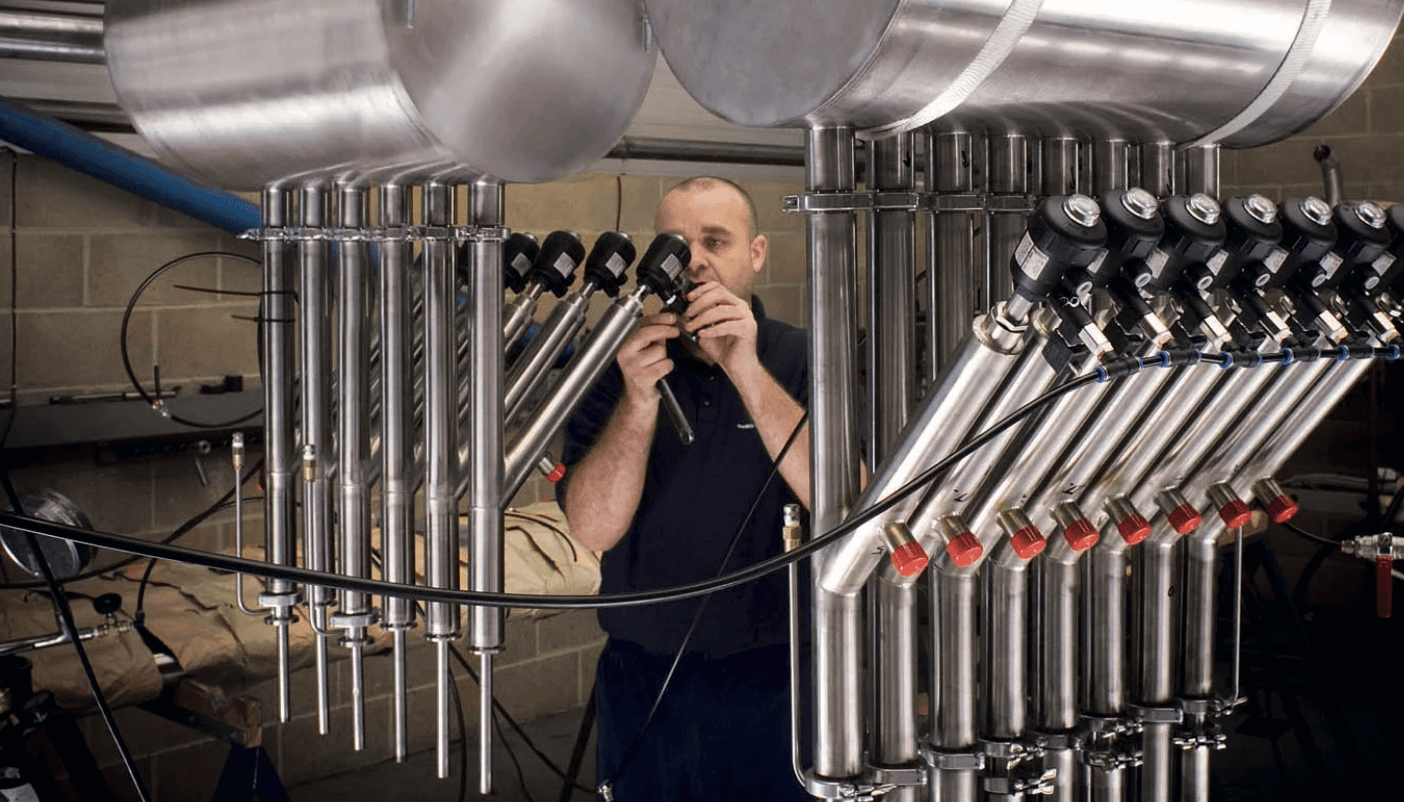
Understanding non-domestic retrofit in Oxfordshire
ESOx advocates for increased support for SME (Small or Medium sized Enterprise) businesses, aiming to bridge the funding gap, and speeding up the implementation of energy-efficient retrofits. While non-profit organisations have access to grants, SMEs need added backing to contribute significantly to the county’s net-zero goals. -
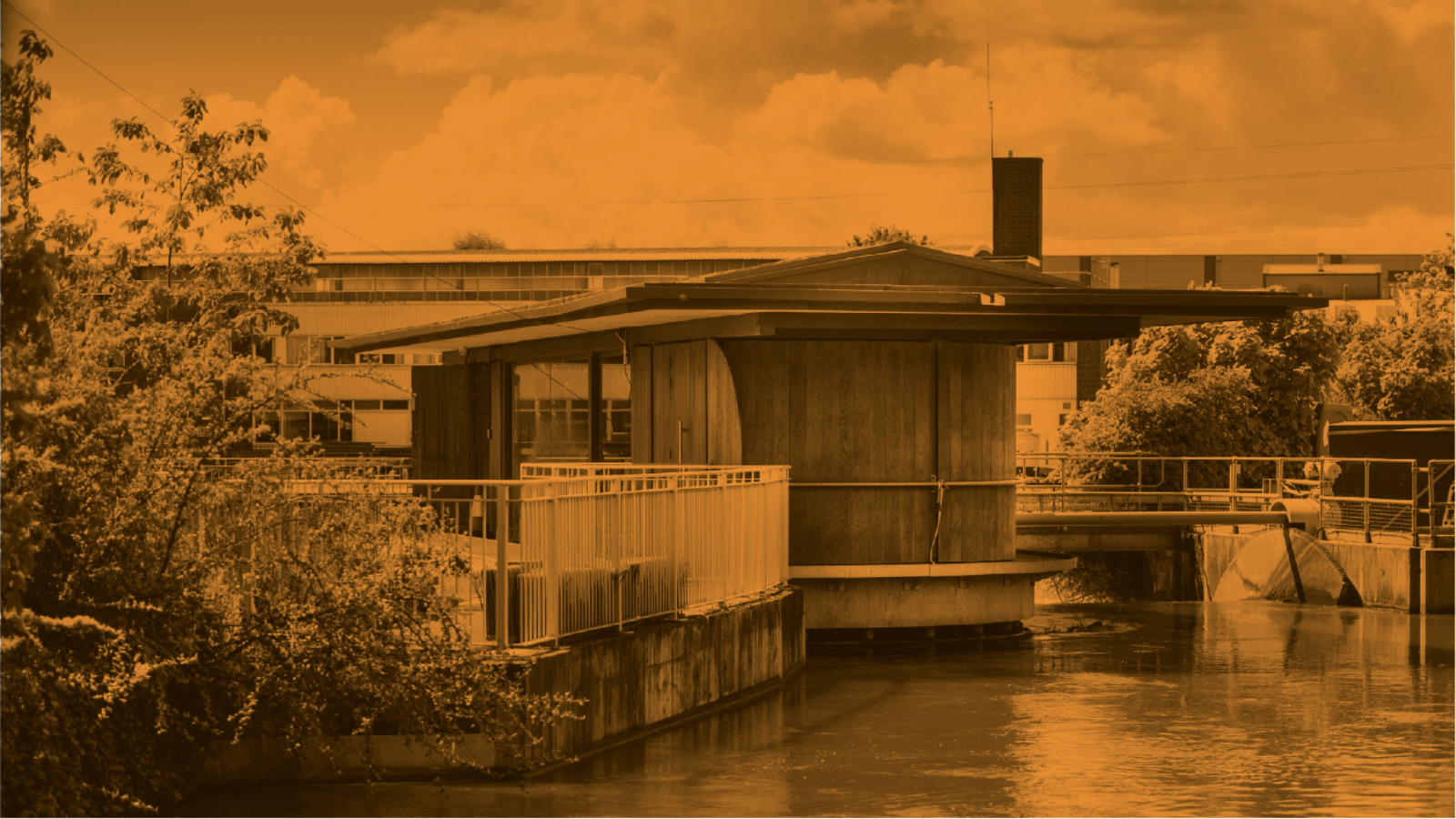
People’s Power Station 2.0: Developing a digital environment that creates value through Smart Community Energy Systems
This report documents the ongoing development of the People’s Power Station 2.0(PPS2.0), a highly innovative digital environment that acts as an enabler for bothcreating and capturing value through a focus on Smart Community EnergySystems (SCES). The approach taken is based on the premise that greater overall value can becreated and distributed equitably when individuals, local… -
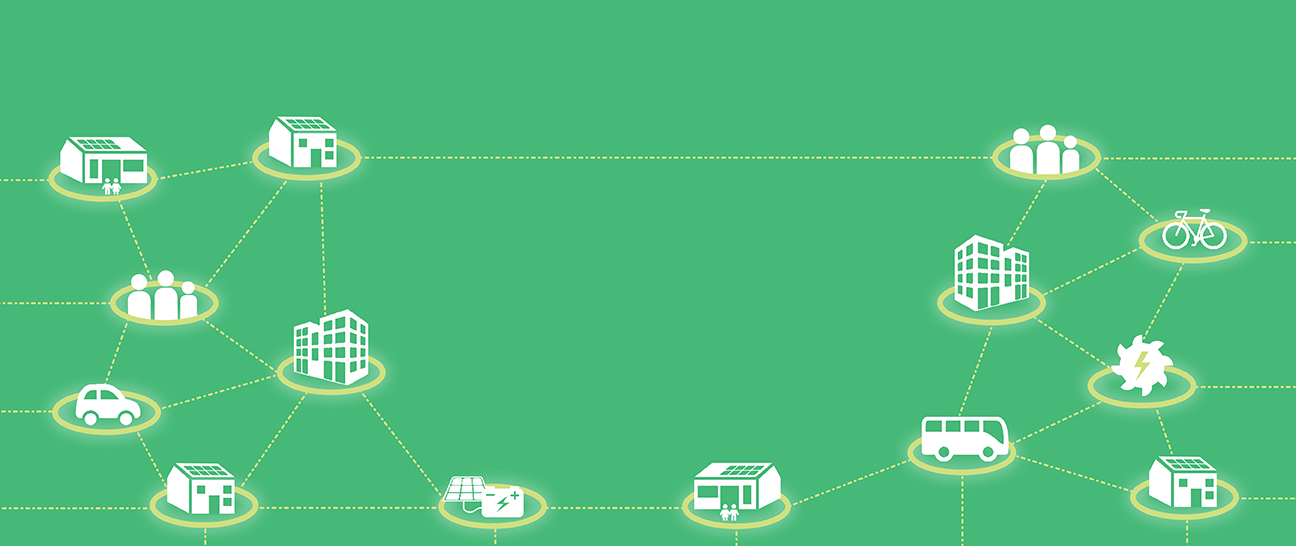
Social Impact Report 2023
A summary of the contribution we have made during 2022/23 towards the creation of an energy system that’s good for people and good for the planet. -
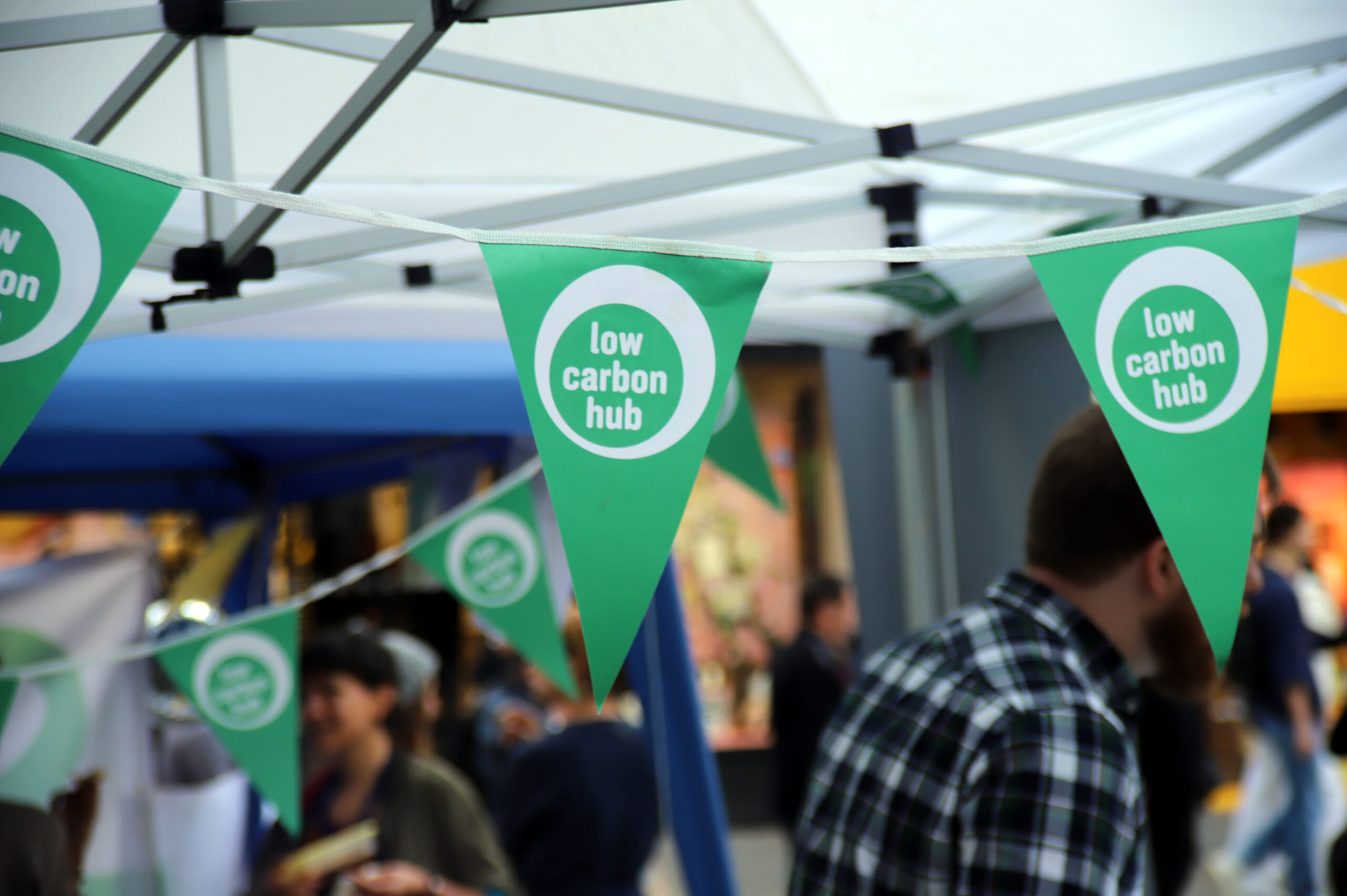
Annual Performance Summaries 2022/23
Here is a summary which provides insight into the environmental and financial performance of our investments over the 2022/23 financial year. -
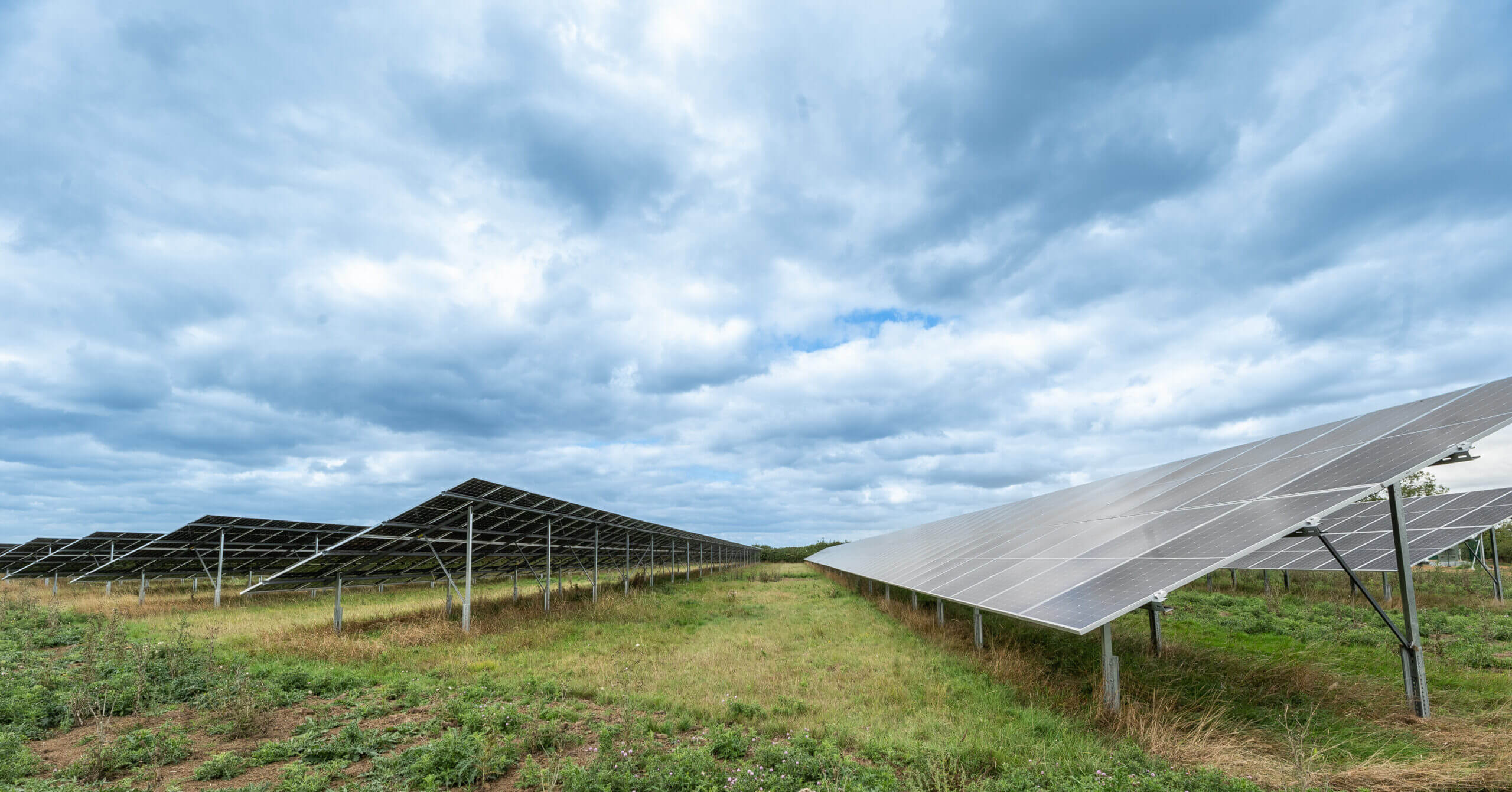
Designing Smart and Fair Neighbourhood Trials Ethically
At its heart, Project LEO has been as much about social innovation and equity as technical learning, particularly in relation to our Smart and Fair Neighbourhoods (SFN). So it was vital that participants in these trials and the communities involved were managed and treated respectfully and ethically. This companion piece to our Learning from the… -
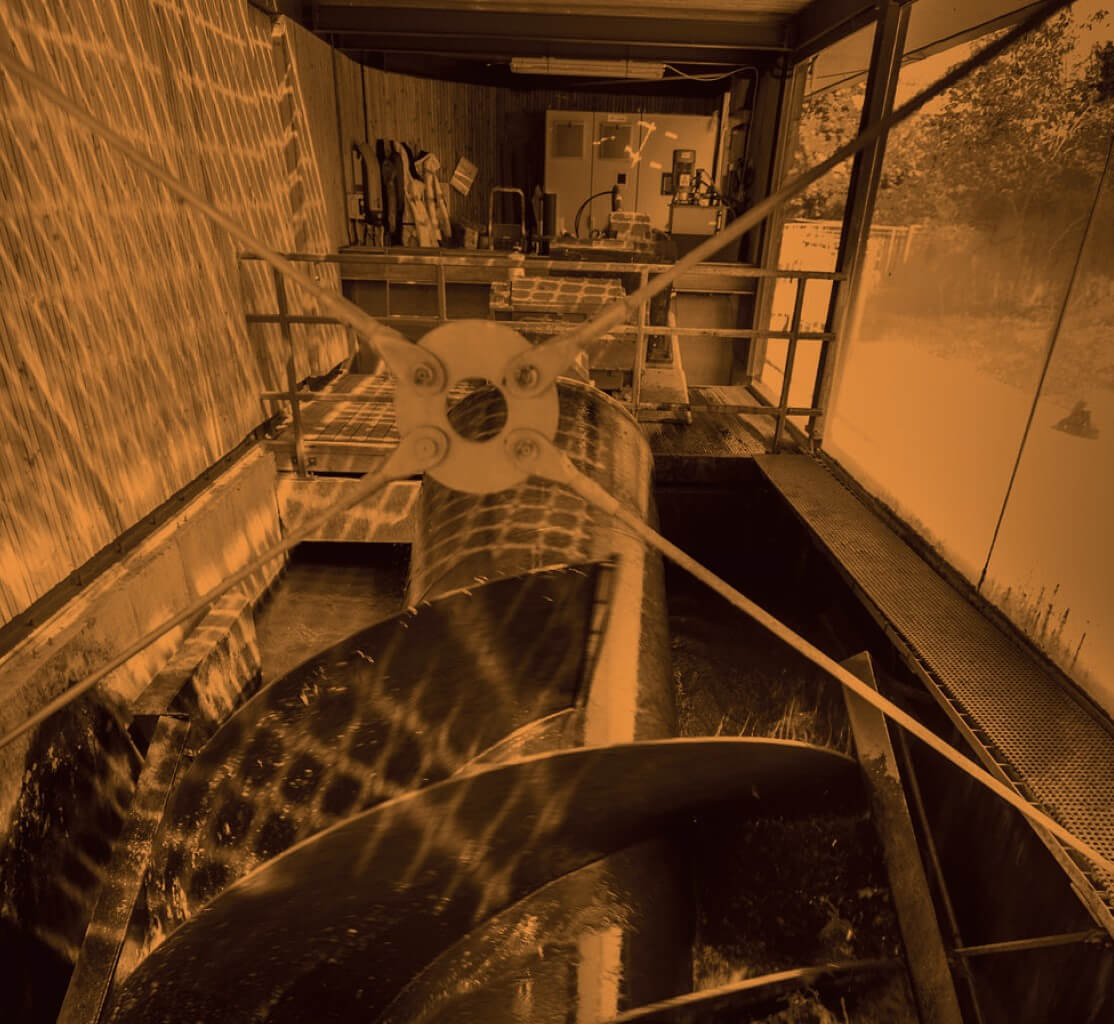
Project LEO Final Report: A digest of key learnings
March 2023 saw the end of Project LEO, one of the UK’s most ambitious, wide-ranging and innovative energy trials. Over the four years since its launch, this collaborative project has conducted multiple trials, issued numerous reports and gained vital insight into how a smart and flexible energy system of the future could look like. The…
